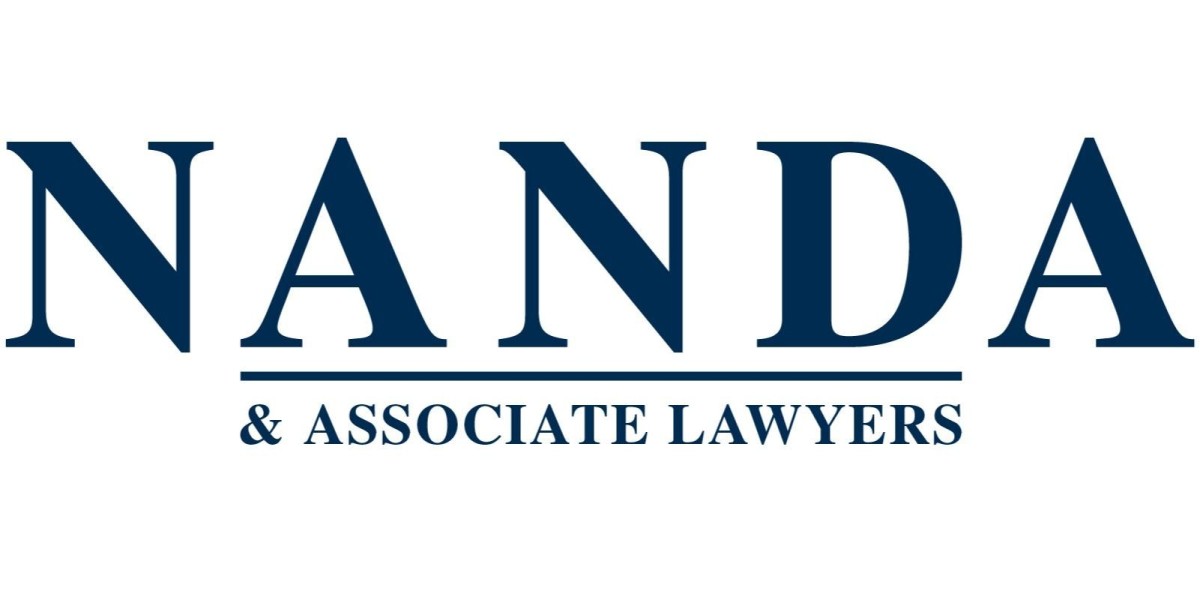What Is Immigration Compliance?
Immigration compliance refers to the obligation of both foreign nationals and Canadian employers to follow all rules and regulations set by Immigration, Refugees and Citizenship Canada (IRCC) and the Canada Border Services Agency (CBSA).
For foreign nationals, this means maintaining valid legal status, adhering to visa conditions, and updating IRCC on changes (like address or employment status). For employers, compliance includes hiring practices, record keeping, and fulfilling promises made in the Labour Market Impact Assessment (LMIA) or employer compliance forms.
Why Immigration Compliance Matters
The Government of Canada conducts random and targeted inspections to ensure that employers and foreign workers follow immigration rules. Non-compliance can lead to:
Fines of up to $1 million
Bans from hiring foreign workers for up to 10 years
Revocation of LMIAs or work permits
Loss of permanent residency eligibility
Deportation orders
Maintaining compliance is not just about avoiding penalties—it also protects the integrity of Canada’s immigration system and ensures fair treatment for all parties involved.
Common Compliance Requirements for Foreign Workers
Foreign workers must:
Keep a valid work or study permit
Work only for the authorized employer or job title, if specified
Leave Canada upon expiration of their status (unless an extension is submitted)
Report any change of employer, address, or marital status to IRCC
Avoid engaging in unauthorized work or study
For example, a temporary foreign worker with a closed work permit cannot legally change jobs without applying for a new permit.
Employer Responsibilities Under Immigration Compliance
Employers who hire temporary foreign workers (TFWs) under the Temporary Foreign Worker Program (TFWP) or the International Mobility Program (IMP) must:
Maintain accurate records of wages, hours worked, and job duties
Pay workers as outlined in the LMIA or job offer
Provide a safe and lawful work environment
Report any changes to the employment conditions
Cooperate with government audits or inspections
Failure to do so can put the employer on the publicly available list of non-compliant employers, damaging business reputation.
How IRCC Enforces Compliance
IRCC and CBSA conduct Employer Compliance Reviews and Workplace Inspections. These can be:
Random
Triggered by complaints
Risk-based, depending on industry or past history
Inspections may include interviews, document reviews, and on-site visits. Employers are typically required to retain records for six years after a foreign worker begins employment.
Tips to Stay Compliant
For employers:
Conduct internal audits regularly
Keep documentation organized and up to date
Train HR teams on TFWP/IMP regulations
Respond promptly to IRCC inquiries
For foreign workers:
Renew your permits on time
Do not overstay your authorized period
Understand your rights and restrictions
Avoid unauthorized work
When to Seek Legal Help
Navigating immigration compliance can be complex, especially when dealing with multiple workers or different immigration streams. Missteps—even unintentional ones—can lead to significant legal and financial consequences.
Working with an immigration lawyer can help you stay compliant, respond to inspections, and resolve any violations quickly. Legal guidance ensures that you fully understand your responsibilities and rights, whether you're an employer or a temporary resident.
Final Thoughts
Immigration compliance is not optional—it’s a legal requirement for anyone working or hiring under Canada’s immigration system. Staying informed and proactive is the best way to avoid costly mistakes and ensure long-term success in Canada.
Have questions about your compliance obligations? Reach out to a qualified professional for clarity and peace of mind.






